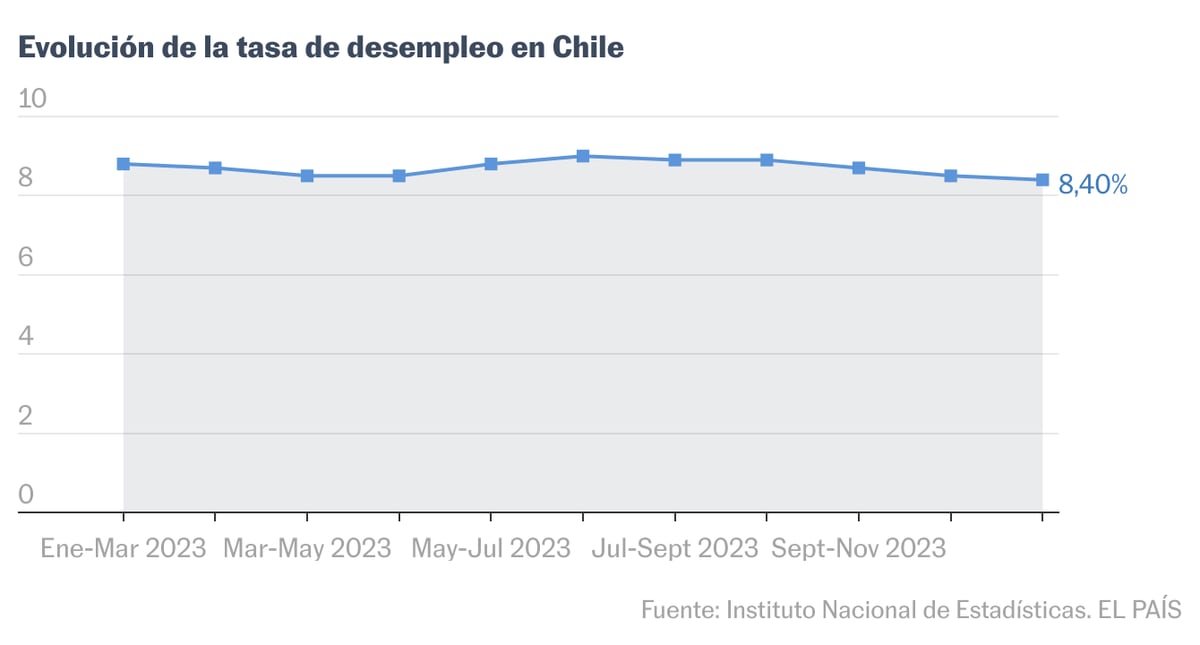This is how the Monetary Committee of the Bank of Israel assessed the interest rate decision for this month. • The interest rate remains 0.1%.
• According to the committee, a restraining policy will reduce the deficit to 3.6% as early as next year
Queue at the Employment Bureau in Tel Aviv
About three-quarters of last year's deficit is attributed to the consequences of the corona plague, according to the Monetary Policy Report for the second half of 2020 published yesterday by the Bank of Israel. These - the GDP is expected to expand by 6.3% this year and by 8.5% in 2022. The inflation rate this year is expected to amount to 0.6%, and another 0.9% in 2022.
According to the Bank of Israel's forecast, the broad unemployment rate will fall to 7.7%, and then to 5.4% by the end of next year.
The Bank of Israel estimates that the deficit will fall to 8% of GDP this year and will be cut to 3.6% at the end of next year - slightly above its pre-crisis level.
Respectively, the debt-to-GDP ratio will amount to 77% and 75% of GDP, compared with 60% before the crisis.
This is on the assumption that the government will take restraining measures, including reducing spending and raising taxes.
Without such an adjustment, the expected expenditures based on existing decisions will lead to a deficit of about 4% of GDP in 2022 (instead of the current forecast of a deficit of 3.6%).
The Bank of Israel mentions that last July, for the first time, a decision was made to support the corporate bond market in the secondary market in the amount of NIS 15 billion. In its October decision, the committee announced an increase in the purchase program, including of government bonds, by NIS 35 billion.
It was also decided on a new tier in the program for easing credit conditions for small and medium-sized businesses: the Bank of Israel will provide the banking system with loans at a negative interest rate of 0.1%, for the first time in Israel, in accordance with the terms set.
During the second half, the monetary interest rate remained unchanged at 0.1%.
In addition to the tools listed above, the Bank of Israel continued to purchase foreign currency during the half. In addition to the monetary tools used by the Committee during the period under review, the Supervisor of Banks at the Bank of Israel took several additional steps in the credit market.
Regarding local real activity, the data and indicators presented to the Monetary Committee in the half survey described the recovery of the Israeli economy in the summer months, but also the sharp impact on activity due to the second closure in September-October.
During the second closure, there was a sharp decline in activity, but at a moderate intensity than in the first closure.
Labor market data show that before the second closure was imposed, the broad unemployment rate stabilized at around 12% -11%, and that during the second closure during the holidays, unemployment rose to about 23% (in the first half of October).
After the closure, the unemployment rate fell gradually and stood at about 12.7% in the first half of December.
Dangerous credit
Bank credit balances, both of small businesses and of commercial credit, remained stable throughout the half.
The balance of bank credit for which payments were deferred within the framework of the deferral of deferred loan payments, initiated by the Supervisor of Banks, is about NIS 160 billion, of which about 65% (NIS 104 billion) are housing loans and about 13% (NIS 21.1 billion) are loans to small businesses.
About 41% of the deferred credit balances have not yet been repaid.
The activity of the State-Guaranteed Credit Fund for Small and Medium-Sized Businesses continues in the route of increased risk.
The utilization rate of the large business fund remains low and stable.
The Bank of Israel notes in the report that the committee discusses risks that are still involved in the current crisis, such as the developments of the epidemic and vaccines, the risks of morbidity in winter, the risks of further tightening restrictions, the risks in foreign markets and their impact on Israel and political uncertainty.















